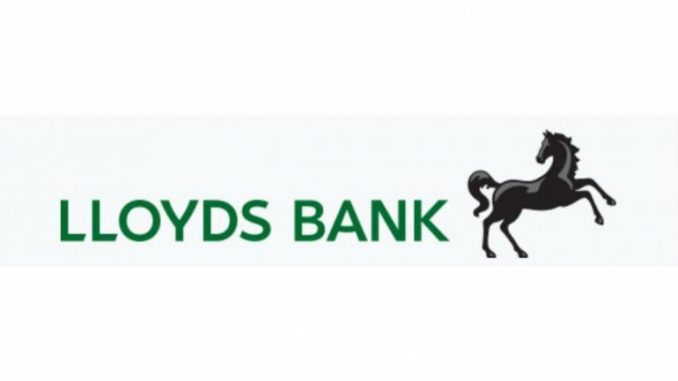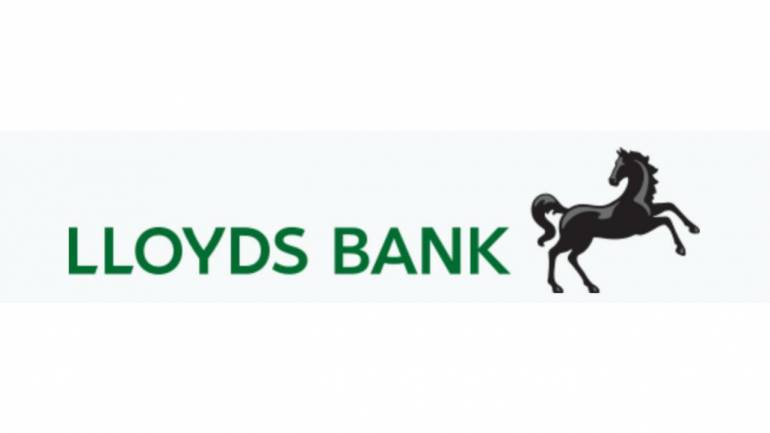

Lloyds Banking Group shrugged off mounting concerns over Brexit to unveil a 4 billion pound ($5.2 billion) dividend and share buyback bonanza for investors on Wednesday, despite weaker than expected growth in profits for 2018.
Britain’s biggest mortgage lender posted a 24 percent rise in net profits to 4.4 billion pounds, below expectations of 4.6 billion pounds, according to a company-provided average of analyst forecasts.
It pledged to pay a 3.21 pence per share total dividend, up 5 percent, and unveiled a 1.75 billion pound share buyback. That would still leave the bank’s core capital ratio — a key measure of financial strength — at 13.9 percent.
The bank’s bumper payout and confident tone on the economy struck a contrast with rivals Royal Bank of Scotland and HSBC, which in the last week both reported taking provisions against Brexit amid concerns bad loans could rise.
Lloyds shares rose 2.7 percent, outperforming a 1 percent rise in the FTSE 350 banks index.
Britain’s largest domestic bank resisted any suggestion of complacency in its outlook for the economy, saying it recognised uncertainties existed.
Chief Executive António Horta Osório said he was betting on a last minute accord between British Prime Minister Theresa May and the EU on the future trading relationship between Britain and the bloc.
“We are planning for a deal and a smooth Brexit transition that should lead the economy to grow at around the same pace you have now of about 1-1.5 percent,” the Portuguese CEO told reporters.
“Of course other scenarios can play out … Irrespective of that our business model is the right one and it is true that we face the future with confidence, otherwise we would not be ramping up our investment in this business.”
EXPANSION PLANS
The bank said it had spent 1 billion pounds on digitising its business and bulking up its wealth management operations, as it seeks to expand into the financial planning and retirement market via a joint venture with Schroders.
Lloyds is seen as hugely exposed to any downturn through its billions of pounds of lending to British consumers and businesses.
In recent weeks the Bank of England has warned Britain faces its weakest economic growth in a decade, with a one in four chance of a recession this year.
Despite Lloyds’ bullish tone on the economy, impairments for the year increased by 18 percent to 937 million pounds as the bank integrated the MBNA credit card portfolio it bought from Bank of America in 2017.
Lloyds also set aside a further 200 million pounds to compensate customers missold payment protection insurance, taking its total provision to 750 million pounds in 2018.
Horta-Osorio’s total pay package for the year slipped to 6.3 million pounds from 6.4 million pounds the previous year, but remains significantly higher than his counterparts at RBS and HSBC.
The bank’s shares remain at a similar level to when he took over the reins in January 2011, despite its profits rising steadily each year since, a factor which analysts attributed to investors concerns about Britain’s uncertain outlook.
“Lloyds is indelibly plugged into the UK economy, and the shadow cast by Brexit means the bank’s shares are left out in the cold. If there’s a positive resolution to the current political uncertainty, we would expect the shares to rally,” said Laith Khalaf, senior analyst at investment platform Hargreaves Lansdown.
($1 = 0.7669 pounds)
[“source=moneycontrol”]
